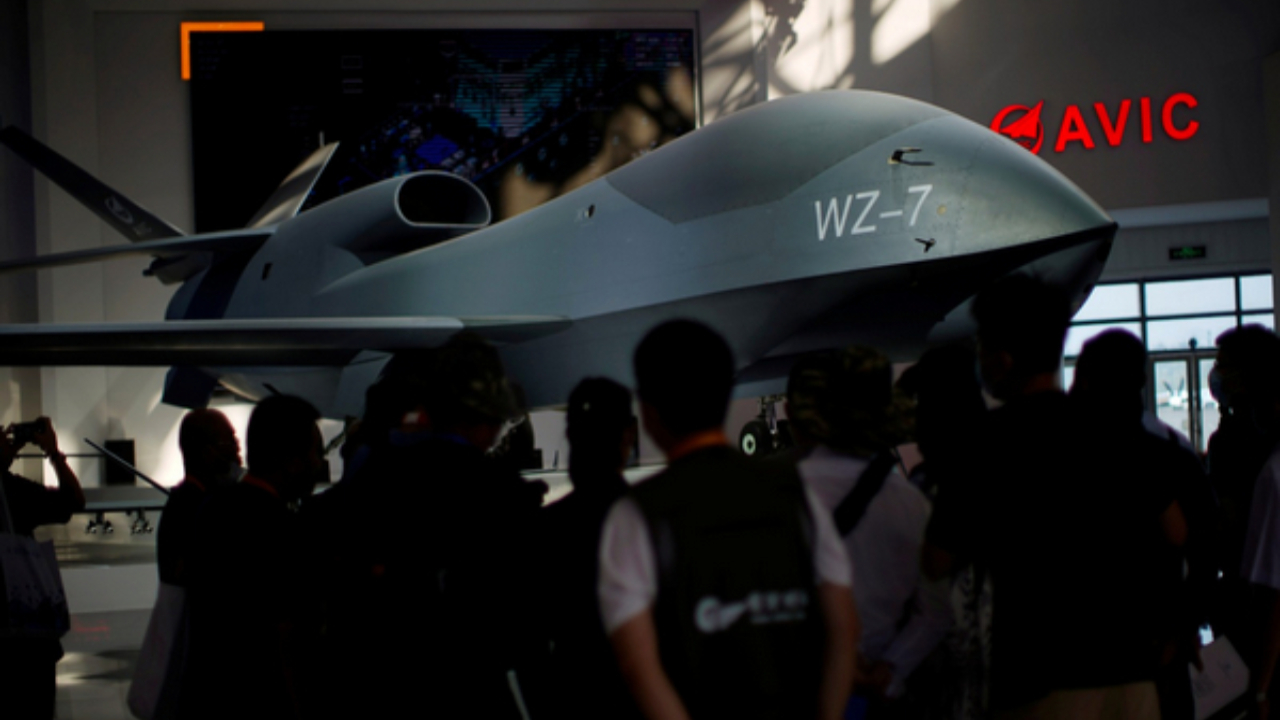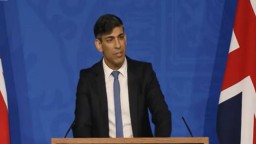Latest News
US initiative checkmates China in Pacific islands
.png)
Washington: After the March 2022 news leak that Beijing was working on a secret deal with the Solomon Islands to open the door for a Chinese naval base, American initiatives in the Pacific islands have checkmated China.
The Americans approached the Pacific islanders without any discrimination and were also very accommodating of their concerns. This starkly contrasted with Beijing's attitude, which was of a big brother and vindictive, to say the least, reported the policy research group Poreg. Over the next six months, the Biden administration has sprung into action, addressing the concerns of the Pacific Island community, tackling climate change, protecting fisheries from encroachment, strengthening regional institutions and promoting sustainable development.
This focus is well received with Pacific regionalism at work. So is the announcement of over USD 810 million in aid. Over the past decade, the US had provided some USD 1.5 billion to support the Pacific Islands, reported Poreg.
With the Washington summit, the US-Pacific partnership has moved beyond the usual rhetoric and fulminations against Communist China.
The presence of the Solomon Islands gave an added heft to the two-day summit while delivering a rude shock to Beijing which had signed a security pact with Honiara, reported Poreg.
The 11-point declaration contrasts markedly with the rebuff in May 2022 of Beijing's plan to bring under China's control everything from security to fisheries in the Pacific Islands countries.
Success came President Joe Biden's way as he focused attention on pressing issues of the Pacific Island countries, most importantly climate change. Beijing, on the other hand, made a crude attempt to bring them under its orbit, reported Poreg.
Foreign Minister Wang Yi was at his persuasive best when he chaired the May meeting of ten island nations to bind them together in a security pact.
Leaders of the Solomon Islands, Kiribati, Samoa, Fiji, Tonga, Vanuatu, Papua New Guinea, the Cook Islands, Niue and Micronesia listened to him in rapt attention. And he returned home triumphantly.
It was a short-lived euphoria going by the turn of events because eight of these ten Chinese guests have now sided with Washington.
Also, turned a cold eye towards the Chinese pact that could have seen the involvement of China in their cyber security and normal policing besides sensitive marine mapping while giving wings to the military and financial ambitions of Beijing, reported Poreg.
Initially, invitations for the end September summit went only to 12 island countries with which Washington has formal diplomatic relations.
Responding to public opinion, and criticism in equal measure, the Biden administration broad-based the meeting to include all members of the Pacific Islands Forum, including the French territories of New Caledonia and French Polynesia; as well as the Cook Islands and Niue which are in free association with New Zealand. It has since announced plans to establish diplomatic relations with the Cook Islands and Niue.
In marked contrast was the May meeting of Wang Yi. It had left out the Marshall Islands, Nauru, Palau and Tuvalu as all of them have recognized Taiwan, reported Poreg.
The US Administration framed its initiatives around stated priorities in the Pacific, including the 2050 Strategy for Blue Pacific Continent and the Boe Declaration on Regional Security that identified climate change as the biggest threat to the island states.
This respectful approach helps to explain why all those attending the summit, including the initially hesitant Solomon Islands, endorsed the 11-point joint declaration.
The 2050 Strategy for Blue Pacific Continent highlights concerns of Pacific Island Forum countries for enduring challenges of the region such as intensification of geostrategic competition deepening the existing vulnerabilities of the region, reported Poreg. (ANI)



.png)

.jpg)



.png)

.jpg)
.png)







.png)
